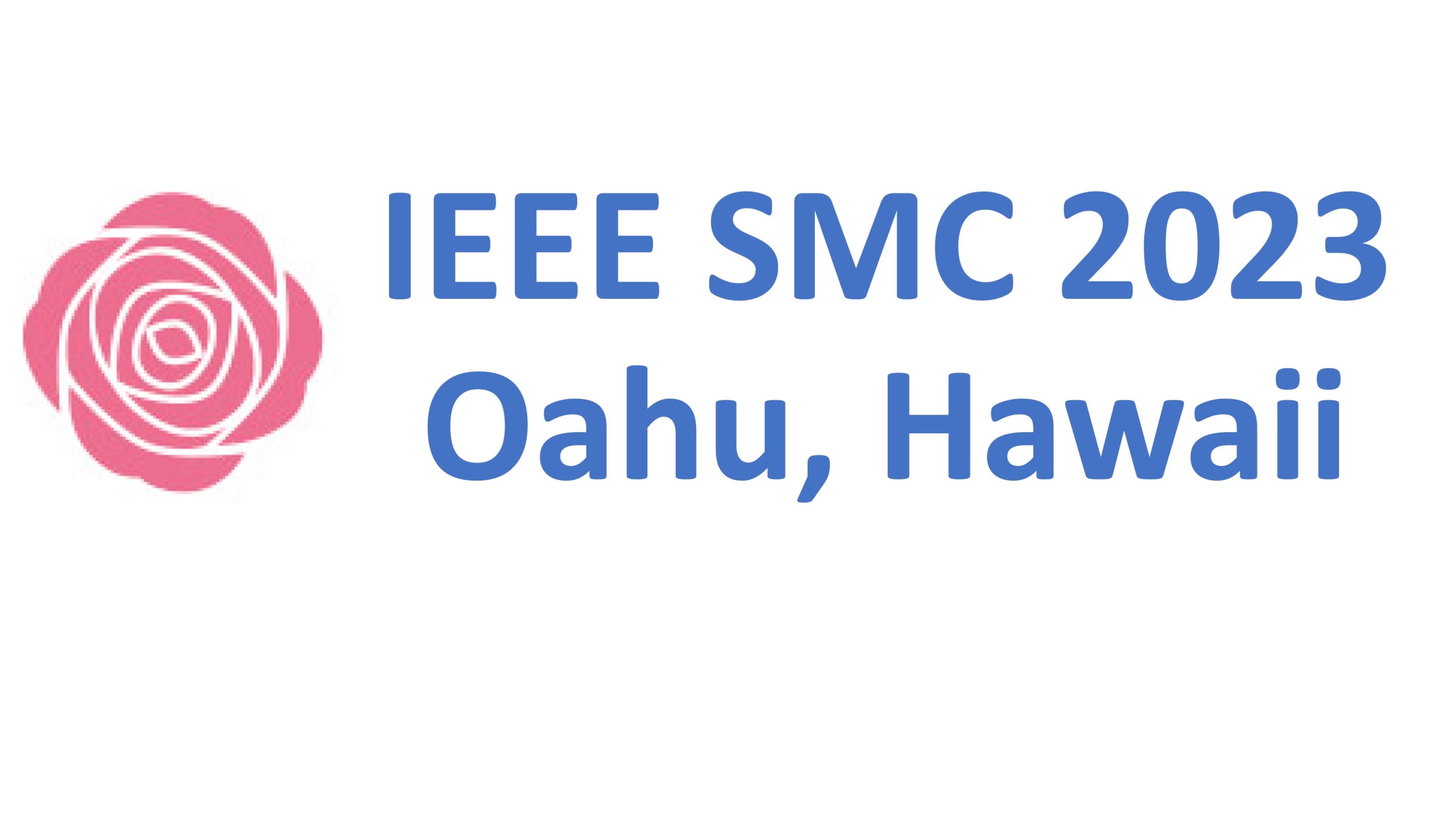Founders’ Forum
Tuesday, Oct 3rd, 11:15am,
…
Speakers

Daniel S. Yeung
IEEE SMC 2023Title: Can Artificial Intelligence (AI) evolve into human intelligence (HI)?
ABSTRACT: With the recent advance in deep learning and successful demonstrations by chatgpt and gpt4, AI technology is transforming the way we live and work. While it offers tremendous benefits to improve our life in so many ways, it also poses serious potential challenges and risks, and some could be closer than we think. Views of leading experts in the field showing pros and cons will be presented. Some (Hinton, Russell, Bengio, Lennox) really worry that artificial general intelligence (AGI) is coming fast and poses a serious threat to humanity. Others (Ng, LeCun, Chomsky, Sutskever) dismiss such a threat as imminent. The aim of this presentation is not to offer any particular solution to these problems, but to raise awareness of these serious issues in the IEEE community, and to challenge you to think of ways to address them in a timely manner
BIO: Daniel S. Yeung is a Past President of the IEEE Systems, Man and Cybernetics (SMC) Society and a Fellow of the IEEE. He received the Ph.D. degree in applied mathematics from Case Western Reserve University. In the past, he has worked as an Assistant Professor of Mathematics and Computer Science at Rochester Institute of Technology, as a Research Scientist in the General Electric Corporate Research Center, and as a System Integration Engineer at TRW, all in the United States. He was the chairman of the Department of Computing, The Hong Kong Polytechnic University, Hong Kong, and a Chair Professor from 1999 to 2006. After that he became a visiting Professor in the School of Computer Science and Engineering, South China University of Technology, Guangzhou, China.
His research interests include neural-network sensitivity analysis, adversarial machine learning, and fuzzy rough set. He was the Chairman of IEEE Hong Kong Computer Chapter (91and 92), and an associate editor for both IEEE Transactions on Neural Networks and IEEE Transactions on SMC (Part B). He served as the President (2008 and 2009), President-Elect (2007), a member of the Board of Governors, Vice President for Technical Activities, and Vice President for Long Range Planning and Finance for the IEEE SMC Society. He co-founded and served as a General Co-Chair since 2002 of the International Conference on Machine Learning and Cybernetics. He also served as a General Co-Chair (Technical Program) of the 2006 International Conference on Pattern Recognition, and 2012, 2013 and 2015 International Conference on Systems, Man and Cybernetics. He is a Co-EiC of the International Journal of Machine Learning and Cybernetics.
His past teaching and academic administrative positions include serving as Head of the Management Information Unit at the Hong Kong Polytechnic University, Associate Head/Principal Lecturer at the Department of Computer Science, City Polytechnic of Hong Kong, an Assistant Professor at the School of Computer Science and Technology and the Department of Mathematics, Rochester Institute of Technology, Rochester, New York. He also held industrial and business positions as a Technical Specialist/Application Software Group Leader at the Computer Consoles, Inc., Rochester, New York, an Information Resource Sub-manager/Staff Engineer at the Military and Avionics Division, TRW Inc., San Diego, California, and an Information Scientist of the Information System Operation Lab, General Electric Corporate Research and Development Centre, Schenectady, New York.

Mo Jamshidi
IEEE SMC 2023Title: IEEE SMC and Advent of Artificial Intelligence: Benefits and Dangers
ABSTRACT: Artificial Intelligence (AI) has, for the past 10 years, been a breakthrough in intelligent applications to numerous areas of human life. While AI has potential benefits in healthcare, education, Workplace, Technology, Engineering (including systems engineering), Cybersecurity. Art, marketing, human, cybernetics, etc. It has many dangers to reckon with. Dangers are Automation-spurred job loss, Deepfakes, Privacy violations, mis-information, Algorithmic bias caused by bad data. Socioeconomic inequality, Market volatility, Weapons automatization, Uncontrollable self-aware AI, just to name a few. In this sessions, new or enhanced proposals will be made to IEEE SMC Society to stay ahead of the curve in AI – now and in the future.
Moderator

Imre Rudas
Imre J. Rudas graduated from Bánki Donát Polytechnic, Budapest in 1971, received the Master Degree in Mathematics from the Eötvös Loránd University, Budapest, the Ph.D. in Robotics from the Hungarian Academy of Sciences in 1987, while the Doctor of Science degree from the Hungarian Academy of Sciences in 2004. He received Doctor Honoris Causa degree from the Technical University of Košice, Slovakia, from “Polytechnica” University of Timisoara, Romania, from Óbuda University, and from Slovak University of Technology in Bratislava. He was awarded by the Honorary Professor title in 2013 and Ambassador Title in 2015 and 2018 by Wroclaw University of Science and Technology. He has been full university professor, Rudolf Kalman Distinguished Professor and Head of the Steering Committee of the University Research, Innovation and Service Center, Óbuda University, Budapest. He served as the Rector of Budapest Tech from 2003 till 2010. He was the founder of Óbuda University, the successor of Budapest Tech and was elected as the first Rector in the period 2010-2014. He was the President of the Hungarian Rector’s Conference and member of European University Association Steering Committee in 2008. He was the President of the IEEE SMC Society (2020-2021) and now serves as Junior Past President.
